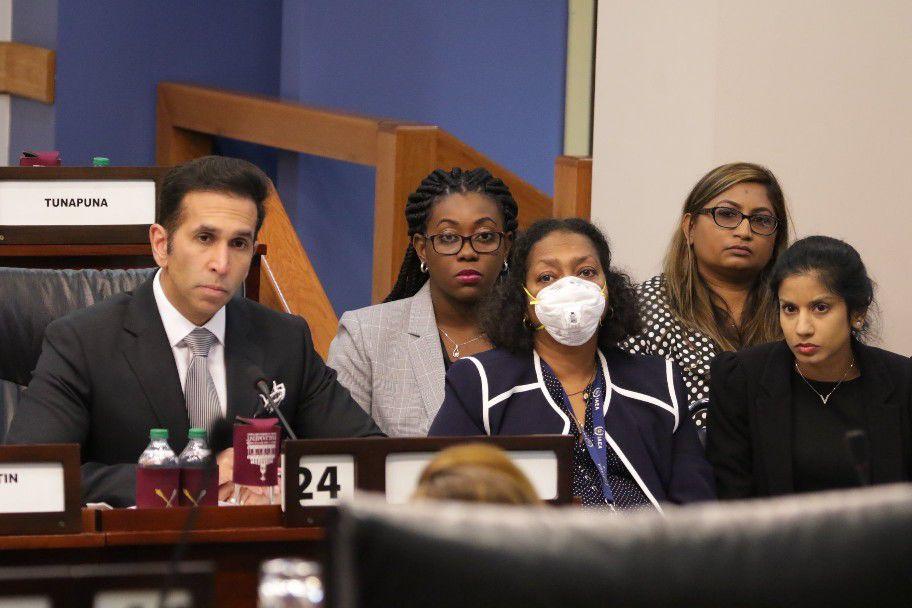In light of the recently passed The Civil Asset Recovery and management and Unexplained Wealth Bill, the Trinidad and Tobago Chamber of Industry and Commerce released an announcement expressing its support of the legislation. According to TV6, the Chamber conveyed its approval via an official statement.
Conducted on April 8, the Trinidad and Tobago government passed the bill via unanimous decision with a 34:0 vote in the Lower House. This comes even after heated discussions regarding the legislation. Before its passage, the then-proposed legislation has been creating arguments all over the country, especially with the Government and the Opposition’s respective positions concerning the law.

‘Targets corruption’
The Wealth Bill has been stirring up controversy since its inception especially as it aims to address issues of corruption. It also seeks to recover illegally acquired properties and constraining ill-gotten wealth. According to Global Voices, the Trinidad and Tobago opposition and citizens on social media criticized the proposed law. These criticisms are based on concerns that convictions will be based on suspicions alone. Still, Attorney General Faris al Rawi remains firm that it will not affect ‘innocent people.’
Meanwhile, similar legislation has been proposed in 2015 by then-National Security Minister and current Commissioner of Police Gary Griffith. However, this proposal was shot down. Nevertheless, Griffith has expressed its support of the legislation especially as it will address white-collar crime and will help bring down criminal and gang leaders.
As of the statement’s release, the Chamber has yet to fully examine the provisions. However, it expressed its confidence in the government to guarantee the protection of the constitutional rights of citizens and that suspected individuals will not be haphazardly affected without proper process.
After its passage in the Lower House, the bill remains under scrutiny in light of the Upper House’s impending vote.













